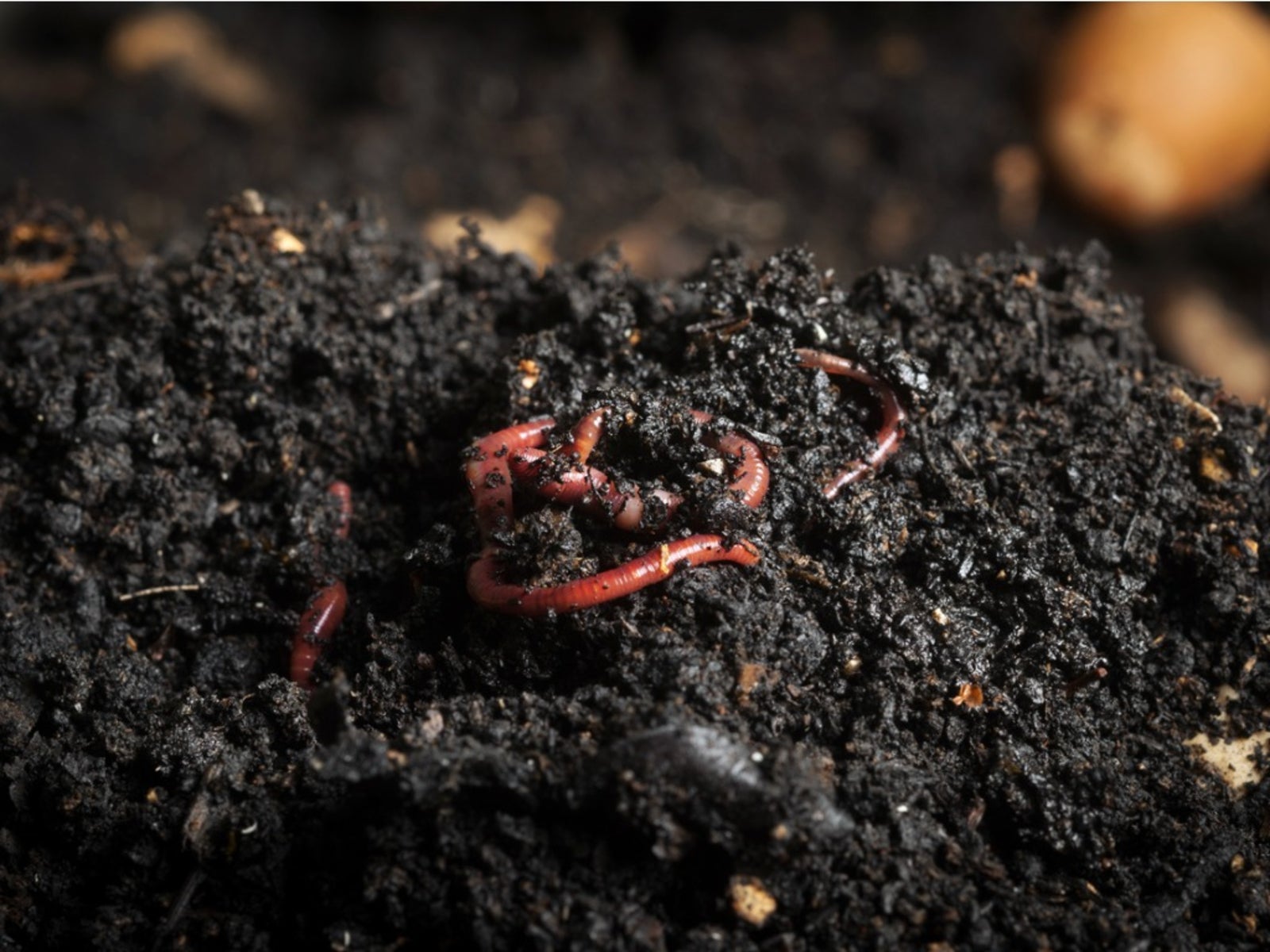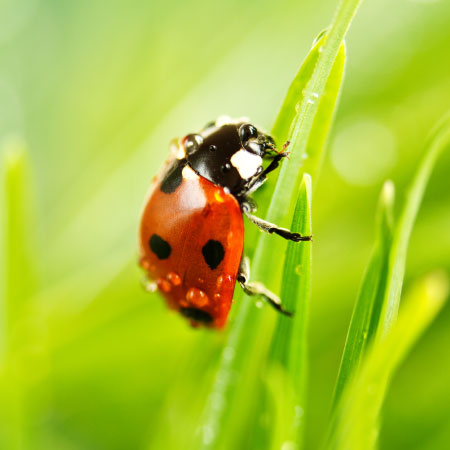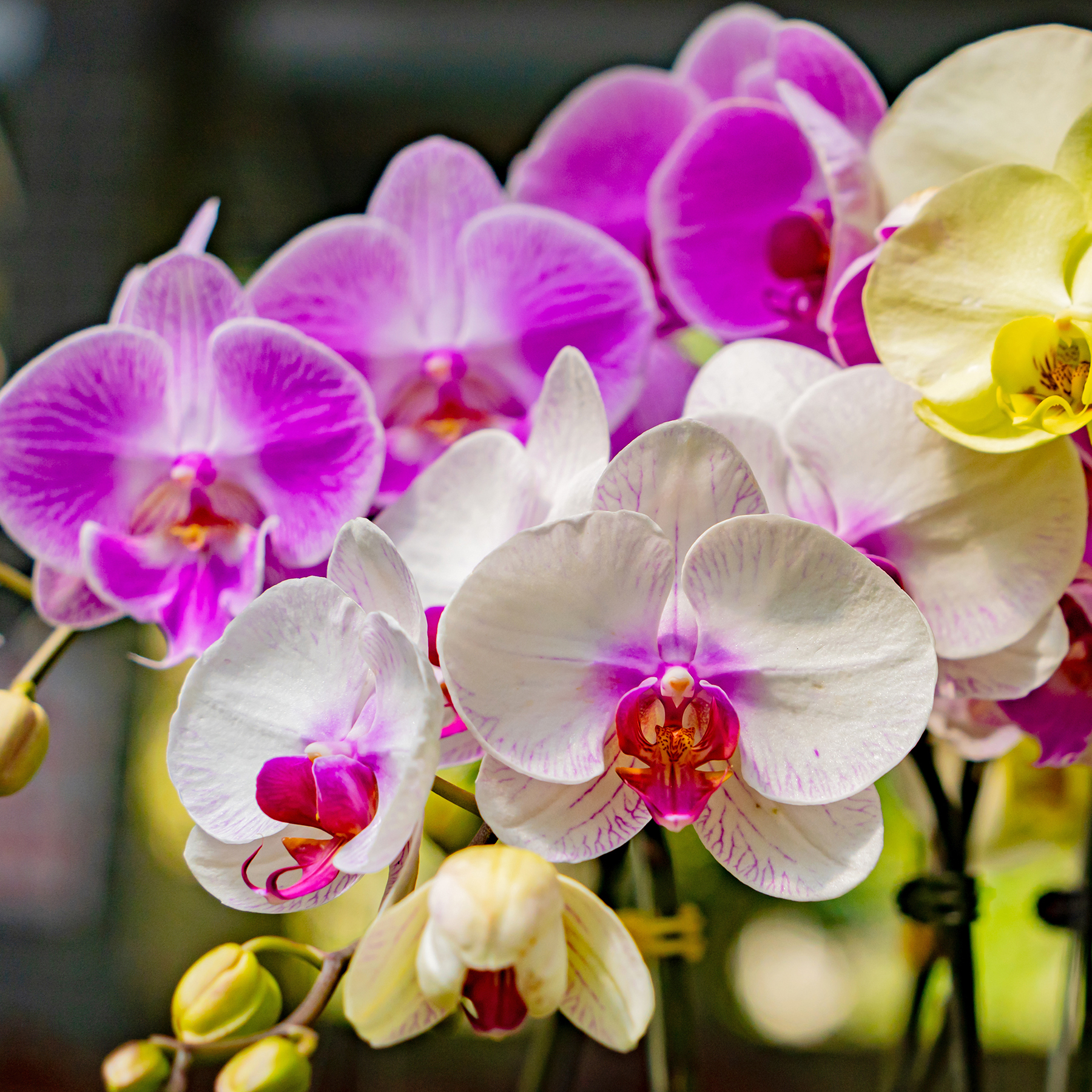Vermiculture Pest Control: Reasons For Insect Pests In Worm Bins


Your worm bin is teeming with life and things are going really well for your vermicomposting project -- that is, until you notice uninvited creatures crawling around in the bedding. Pests and bugs in vermicompost are a common problem, but these worm bin pests can be eliminated by manipulating the environment to make it less friendly to them.
Vermiculture Insects and Pests
There are several types of visitors to a worm bin. Some are highly compatible with worms and help to break down foods, but others may pose a serious threat to your worms. Knowing the insect pests in worm bins can help you better manage your vermiculture pest problem. Sowbugs and Springtails - These are common isopods that like the same sort of conditions that make your worms happy. They're also excellent decomposers. If silver, pill-shaped sowbugs or white, c-shaped springtails appear in your worm bin, it's nothing to worry about. In fact, they can help the worms with the work. Flies - Flies are also harmless, but are usually considered undesirable by humans because of their propensity to carry disease and hang around garbage. In this case, they may be helpful allies in the decomposition process, but depending on the location of your worm farm, might need to be controlled. Make sure to only feed your worms fresh scraps, cut the food into very small pieces to help the worms eat faster, feed a wide variety of food and keep the worm bin moist, but not wet. Layering a sheet of newspaper on top of your worms' bedding will keep the flies out of the bin. If the flies start congregating on the paper, change it frequently to eliminate them; severe fly problems may require a complete change of bedding to destroy eggs and larvae. Ants - Ants can be a pain for vermicomposters - these tiny, industrious creatures rob food from your worm bins and may attack worms if times are tough enough. Move your worm bin to a different location and surround it with a moat of water to prevent ants from entering - they are not capable of crossing water. Centipedes - Centipedes may attack and kill your worms, so if you see these nasty creatures in your vermicomposter, pick them out and destroy them. Make sure to wear gloves, since some species pack a mean bite. Mites - Mites are bad news; there's no delicate way to put it. These pests feed on worms and can destroy your composting project in no time flat. If you notice food that's mite-covered, remove it right away and place a slice of bread on the surface of the bedding. Remove the bread when it's covered in mites and replace with another to trap more mites. Reducing the moisture of the bedding can make your worm bed uncomfortable for these tiny pests.
Gardening tips, videos, info and more delivered right to your inbox!
Sign up for the Gardening Know How newsletter today and receive a free copy of our e-book "How to Grow Delicious Tomatoes".

Kristi Waterworth was a regular contributor to Gardening Know How for many years, answering countless queries on plant pests and diseases.
-
 My Homemade Orchid Fertilizer Always Brings More Blooms – Here's The Easy Recipe That Transforms Plants
My Homemade Orchid Fertilizer Always Brings More Blooms – Here's The Easy Recipe That Transforms PlantsScientist-turned-gardener Mary Ellen Ellis shares her tried-and-tested DIY orchid fertilizer recipe, plus more ingredients to try for healthy, happy plants.
By Mary Ellen Ellis
-
 Looking For Plants To Give You The Soft And Fuzzies? Try These 5 Fuzzy Leaf Plant Options
Looking For Plants To Give You The Soft And Fuzzies? Try These 5 Fuzzy Leaf Plant OptionsLovers of texture, drama, silver foliage and tactile plants will adore these special sensory garden additions. These fuzzy leaf plant options will leave you all aglow
By Susan Albert